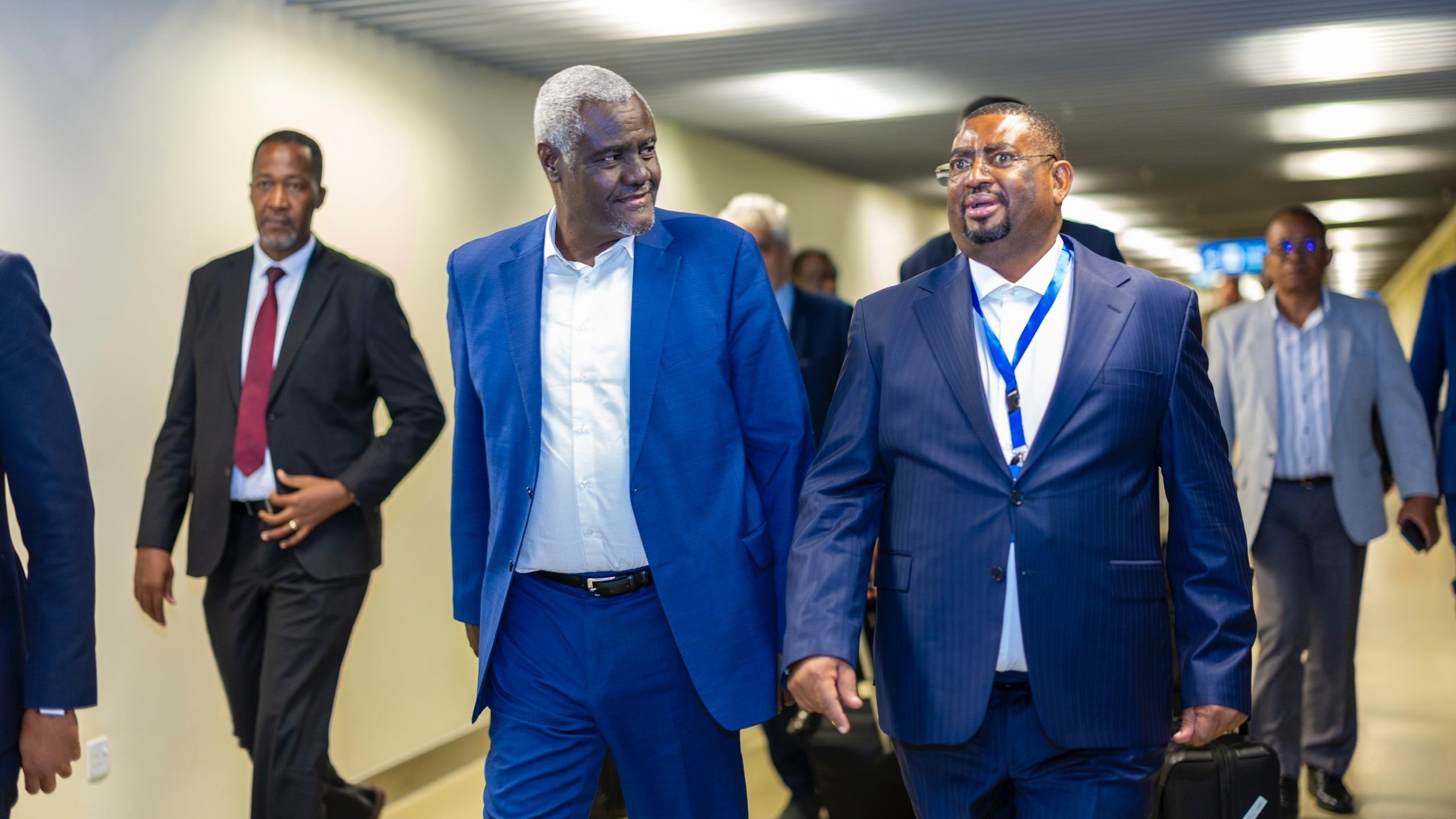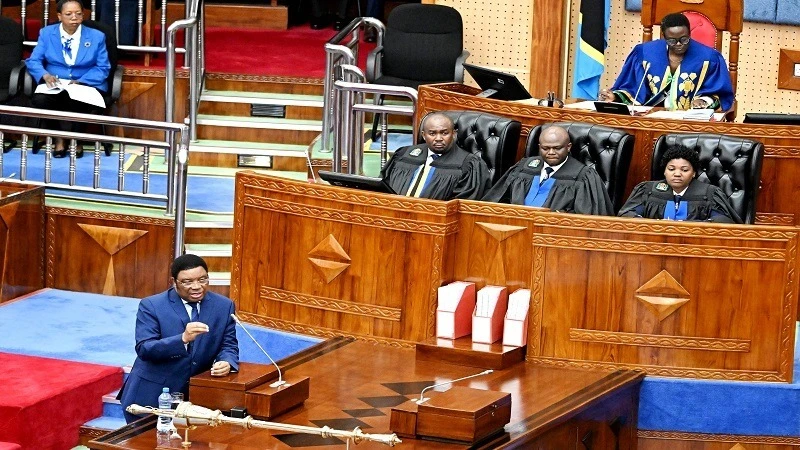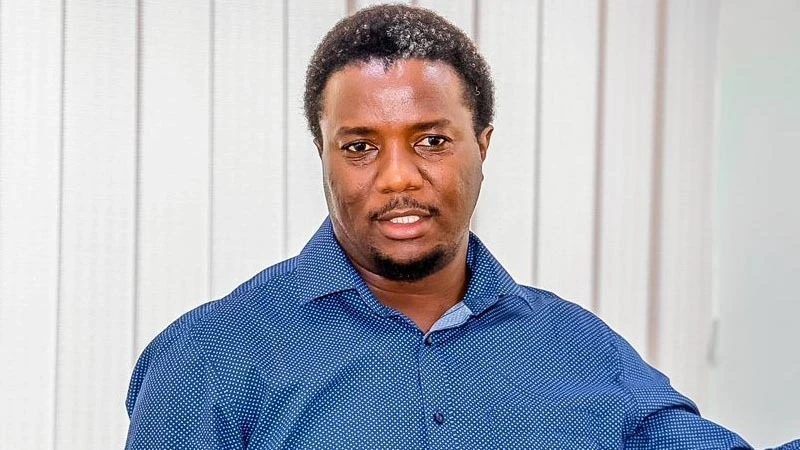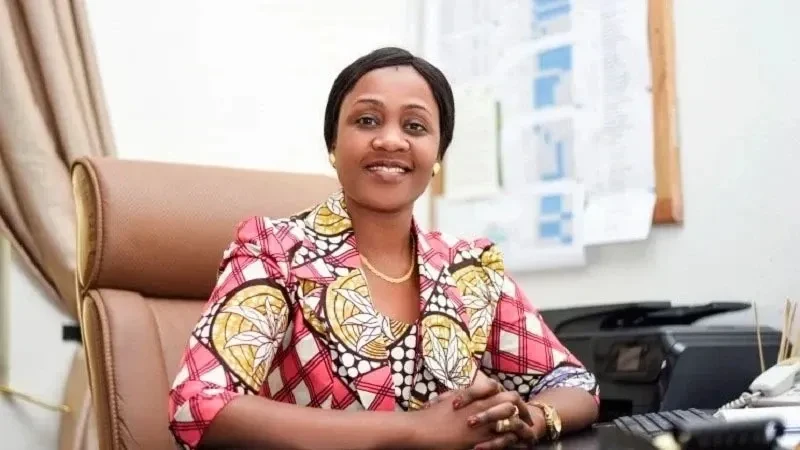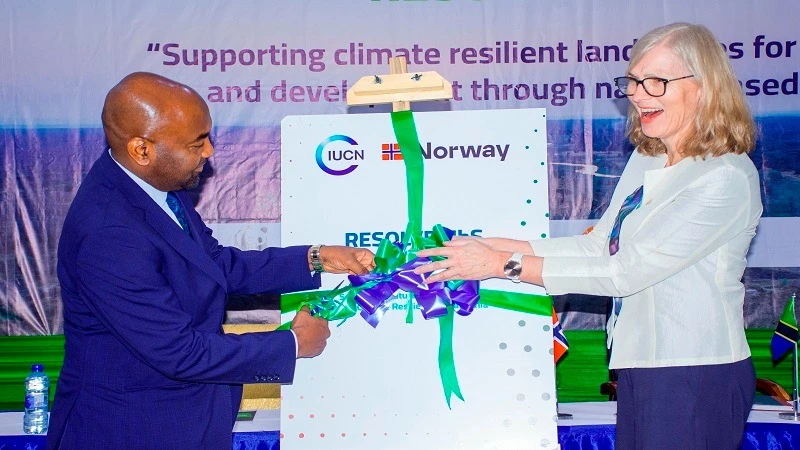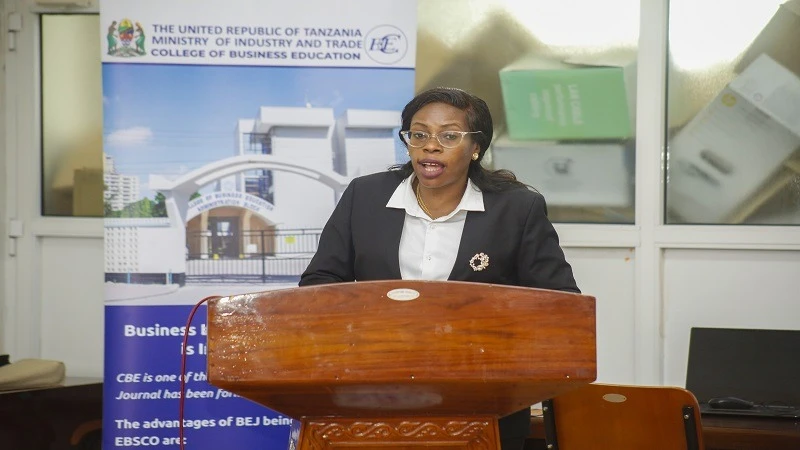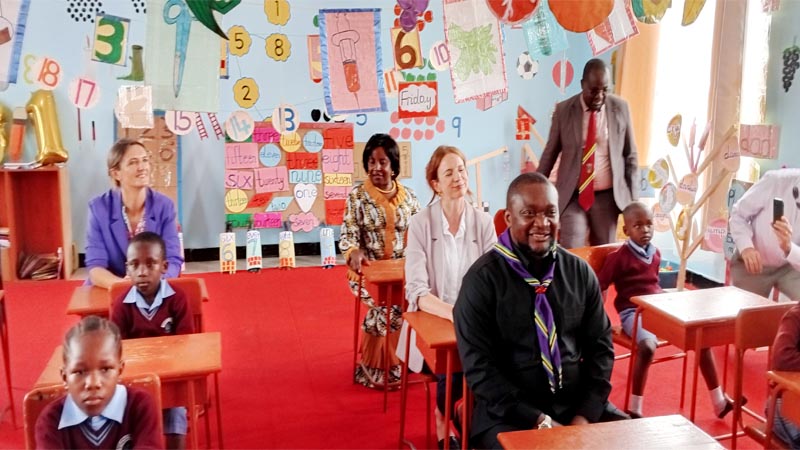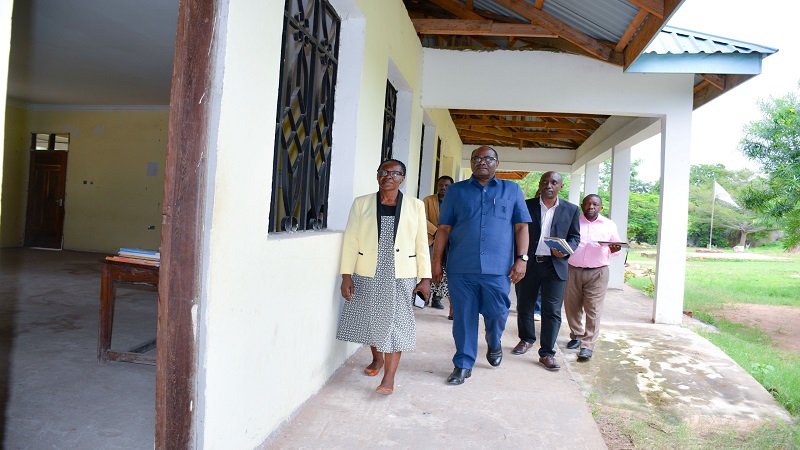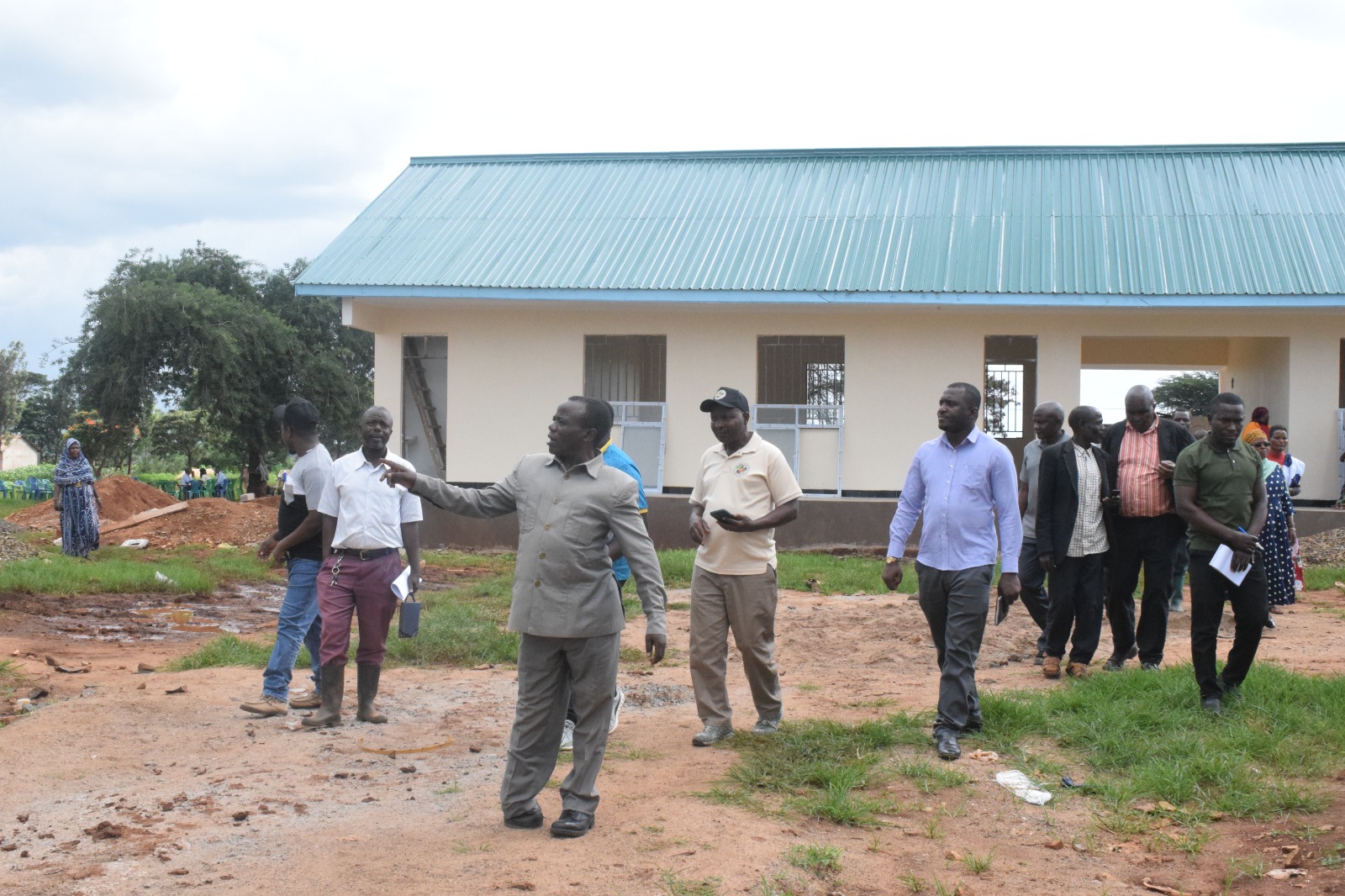Govt set to assess science, math, ICT teaching ability

TRAINING programmes for secondary school teachers in mathematics, science as well as information and communication technology (ICT) are slated for a comprehensive assessment.
Dr Charles Mahera, the Education, Science and Technology deputy permanent secretary announced this plan when opening a five-day training session for science and mathematics teachers and quality controllers from Simiyu and Mara regions, in Tarime yesterday.
The ministry seeks to assess the outcomes of its training programmes those fields, with the assessment intended to involve students who will be given questions to evaluate their understanding of the subjects taught, he said.
The Secondary Education Quality Improvement Project (SEQUIP) includes various initiatives, such as continuous teacher training for science, mathematics and ICT educators, he said.
A modality is being developed to assess the impact of training on students' learning, with students asked to gauge how much they’ve benefited from the training provided to their teachers, he explained.
“The government is investing substantial resources into this training to improve the capacity of secondary school teachers in science, mathematics and ICT, enhancing their teaching methods and fostering students' understanding and interest in these subjects,” he elaborated.
The target is to train 40,000 teachers by January 2026, with 29,328 teachers already trained, contributing to improved teaching quality, he said.
“In this phase, 7,940 teachers are expected to benefit from the training, marking a significant step in enhancing the teaching and learning process,” he further noted.
SEQUIP coordinator Dr Nicholaus Gati reported that 85 per cent of the project’s allocated funding has been successfully utilized.
The project aims to ensure quality secondary education for students, particularly girls, and improve ICT integration in education. Increasing female students’ engagement in education is also a priority, he stated.
Dr. Huruma Mageni, the director of teaching, highlighted that SEQUIP has trained teachers in modern, interactive teaching methods that foster creativity and improve teaching effectiveness in the three spheres.
Eliud Myovela, a teacher at Tarime secondary school, said that ICT integration would make lessons more effective and help students meet their learning objectives efficiently.
Paulina Makolo, the quality assurance officer with the Bunda district council, was confident that the training would enhance teaching methods and increase student success in these subjects.
Top Headlines
© 2025 IPPMEDIA.COM. ALL RIGHTS RESERVED








